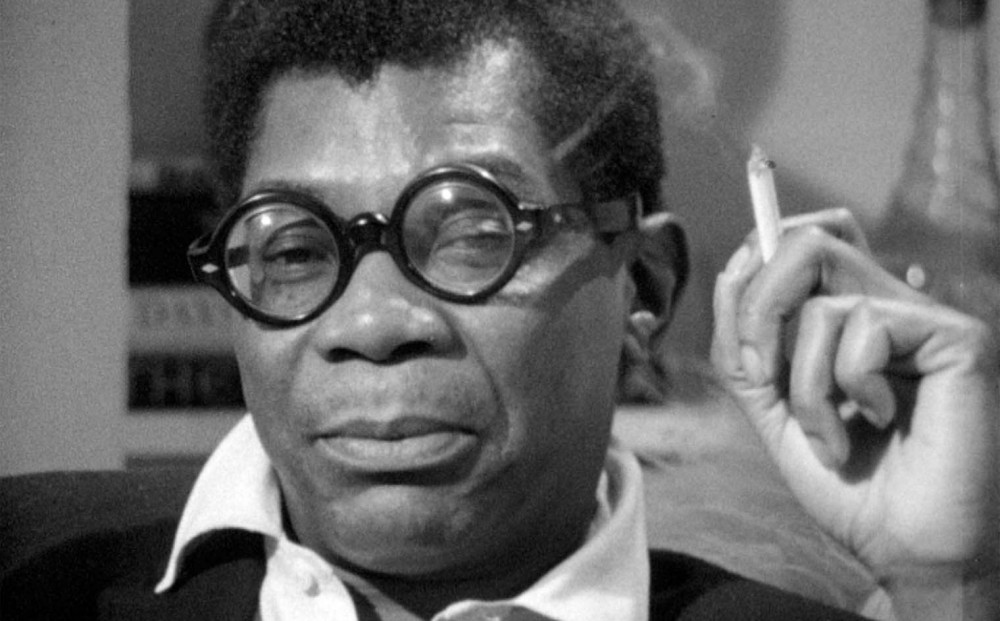PORTRAIT OF JASON
4:10 8:00
Friday, February 2
Directed by Shirley Clarke
(1967) “People love to see you suffer, and believe me, I’ve suffered.” Hustler Jason Holliday slips seamlessly from comedy to tragedy, and back again, in marathon all-night session filmed at Clarke’s Chelsea Hotel pad. DCP. Approx. 105 min.
Reviews
“A raw-edged sketch of furiously extended takes... A masterwork of grand-scale intimacy. The extraordinary protagonist, alone onscreen for an hour and a half, seems to give birth to his new identity in real time. Meanwhile, he presents an agonizing time capsule of an age of ambient racism, homophobic persecution, and moralistic hypocrisy. Holliday’s stories of arrests and enforced psychiatric sessions, and of the racist arrogance of white employers (for whom he worked as a domestic), are adorned with as much self-deprecating, life-loving laughter as his tales of sexual adventures and samples of his night-club act (featuring impressions of Mae West and Katharine Hepburn, among others). In his lifelong pursuit of pleasure, Holliday (who died in 1998) paid an outsized price in pain. But he was outspokenly wise to the transaction—and he knew that this very performance, with its risky self-exposure, involved both.”
– Richard Brody, The New Yorker
“A densely layered examination of a loquacious black gay hustler….underscores the fallacy of the documentarian’s claim to neutrality. In this self-reflexive work, Clarke, although not seen, is always present, growing more combative and barking orders behind the camera. Ultimately, no ‘truths’ are revealed about the flamboyant raconteur we watch for nearly two hours; what’s disclosed instead is the theatricality of the film’s subject and the film itself.”
– Melissa Anderson, 4Columns
“REVELATORY. Aside from the content – the candid confessions of its only interview subject, a hustler, houseboy, bullshitter, and raconteur named Jason Holliday, who is explicit about homosexuality in a way mainstream and narrative cinema couldn’t be at the time – it is very much about the line between persona and person. It is, for much of its 105 minute running time, a performance, complete with requests (‘Hey, Jason, tell the cop story,’ ‘Tell me the story about the old man’). But as Jason drinks, and gets progressively slurrier, he seems to run out of prepared material. And then it gets really interesting, transforming from an interview to a therapy session, an iron-clad guard finally, truly coming down. (I think.)… Portrait of Jason ends up not only deconstructing the interview process, but that of moviemaking itself.”
– Jason Bailey, Flavorpill
“Raises profound questions about the nature of the self, about the relationship between fiction and reality, and about the way that film doesn't simply record raw truth but shapes it into something reflecting the filmmaker's vision of life. Clarke was hip to all this, which is why the movie is titled Portrait of Jason and not simply Jason.”
– John Powers, NPR
“Says more about race, class, and sexuality than just about any movie before or since.”
– Melissa Anderson, Village Voice

